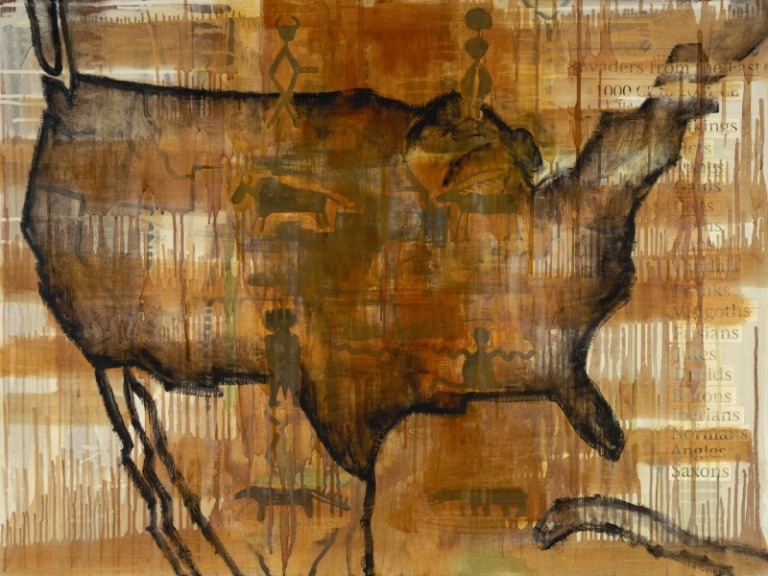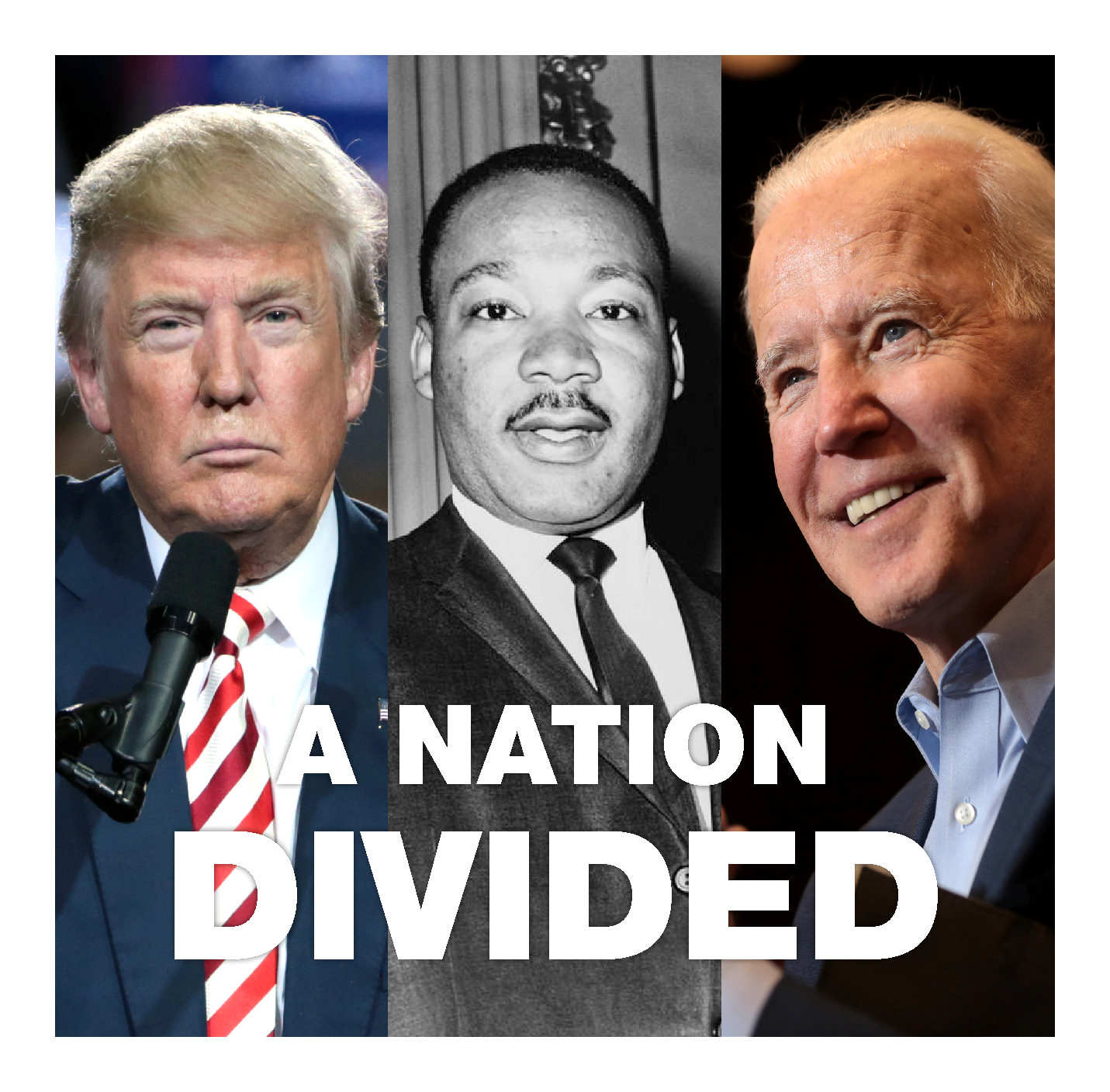The browning of America
Joe Biden will assume the presidency at the peak of a deadly pandemic in a city under lockdown with clear streets and closed subway stations. About 20,000 National Guard troops will patrol against domestic terrorism in front of a U.S. Capitol still under repair after a violent insurrection. It is also the week that we remember the civil rights icon Reverend Dr. Martin Luther King Jr. King and Biden’s target audiences are not the minority of the country that has rejected the legitimacy of the black vote. The audience listening to Biden’s speech will be a much larger group of Americans, including Trump voters, who are open to changing the channel on the dystopian present.
The nation that greets Biden will not be as divided as the country President Abraham Lincoln faced in 1861, shortly before the Civil War, and the economic hardship is less pronounced than it was for President Franklin Delano Roosevelt in 1933, amid the Great Depression, or even President Barack Obama in 2009. But the combined cavalcade of problems facing Biden — a crisis of electoral legitimacy combined with health, economic and race relations emergencies — ranks with the most strained inaugural moments in American history. If Biden is to have a successful Presidency, he must mend the racial fissure opened by our soon to be former President.

Fears about changing demographics belie popular claims to a post-racial era, marking a fracture in white imaginations of losing control. Neoliberalism, the territorial space of the West, racialized as white, appears under threat from growing populations of brown and black bodies moving across society’s dividing lines. Irrational fears of retribution by the formerly colonized drive the simultaneous growth of securitization and democratization of neoliberal racism, as citizens, right wing hate groups and mainstream media further their racist agenda. When Trump followers call election 2020 “illegitimate and rigged” they are implying that minorities do not have the right to vote. Those who defaced our nation’s capital and threatened political leaders during the attempted coup, where trying to restore their version of America.
The fact that all of this is happening on the day set aside to recognize Martin Luther King Jr is no coincidence. Martin Luther King, Jr.’s positive impact on people across the globe who sought models of courageous leadership in their quest to transform their societies into inclusive multiracial democracies free from discrimination resonates on this day devoted to his legacy. King’s message has been embraced by blacks and people of other racial origins/cultural communities because the character attributes he embodied are essential to social harmony in diverse cities where people of all backgrounds interact with each other daily in the workplace, schools and recreational spaces.
As the investigation into the Capitol unfolds, we find that scores of politicians, law enforcement personnel, educators and business professionals from every industry do not share Dr. King’s vision. Trump’s vision of “America First” appealed to many right-wing professionals because that implied a return to the days before Dr. King and the civil rights era. Old patterns continue to be reinforced through the ongoing processes of implicit bias, micro-aggression, and colorblindness. Thus, to effectively address inequity, the role of race must be explicitly acknowledged in addressing racial disparities.
As we celebrate King’s legacy, we must recognize that amid prosperity, affluence and the hubs of highly educated communities, areas still exists where individuals face dire circumstances including violent crime, racial profiling, poverty, economic inequality, gun violence, inadequate educational infrastructure, and a growing underclass. This contradiction demonstrates that binaries exist and there are the “haves” and the “have-nots” in terms of full access to opportunities.
Research shows that the political divides we are experiencing are due to fear and misperception of others. In recent years, these feelings have been inflamed by political leaders. Research also shows that the divisiveness will continue to grow if fear of ‘the other’ and the wounds fueling that fear are not addressed. In order to finally overcome this hegemonic relationship that continues to exist in America we must remember the words of Dr. King, “I believe that unarmed truth and unconditional love will have the final word in reality.” Here’s hoping President Biden and Vice President Harris can demonstrate that “unconditional love”.





